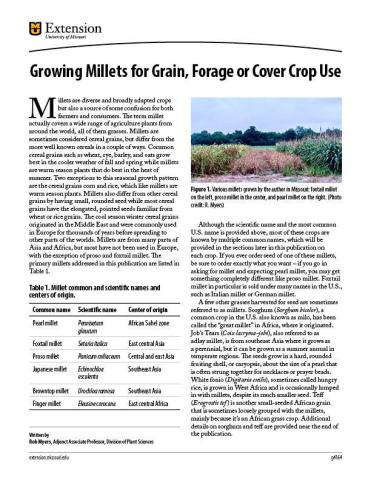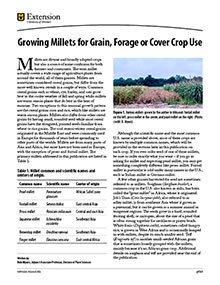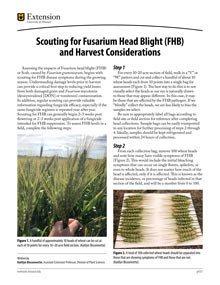

Scouting for Fusarium Head Blight (FHB) and Harvest Considerations
New
Learn how to scout for Fusarium head blight in wheat fields and assess harvest risks related to grain quality and mycotoxin contamination.
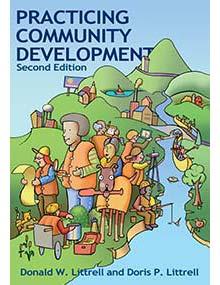
Practicing Community Development, Second Edition
Revised $30
Explore community development principles and ethical practices, offering real-world examples and strategies for empowering local communities.
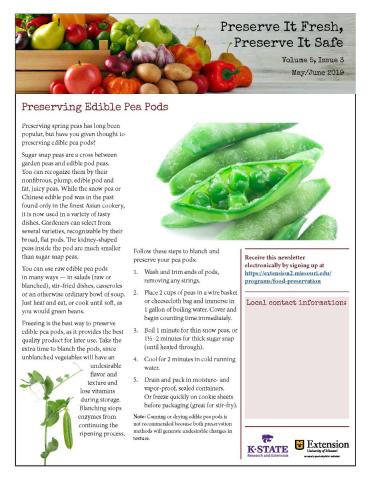
Preserve It Fresh, Preserve It Safe: 2019, No. 3 (May/June)
New
Discover safe methods for blanching and freezing sugar snap peas to preserve peak flavor, texture, and nutritional quality.

Green Cleaning: Recipes for a Healthy Home
New
Editor's note
This publication is intended for digital download.

Cleaning Healthy. Cleaning Green.
New
Editor's note
This publication is intended for digital download.
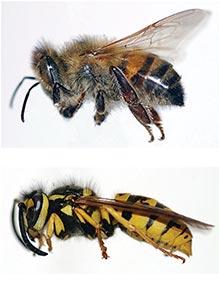
Bees and Wasps
Reviewed
Learn to identify common bees and wasps in Missouri, understand their nesting habits, and get tips on managing their presence safely.
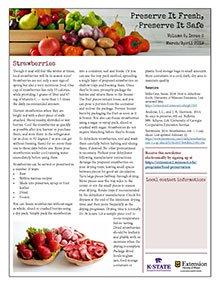
Preserve It Fresh, Preserve It Safe: 2019, No. 2 (March/April)
New
Learn how to choose, store, freeze, and dry strawberries to enjoy their flavor and nutrition beyond the harvest season.
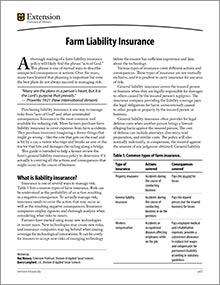
Farm Liability Insurance
New
Learn how to manage risk and protect your farm with liability insurance. Understand who is covered, what damages are covered and general liability insurance exclusions.
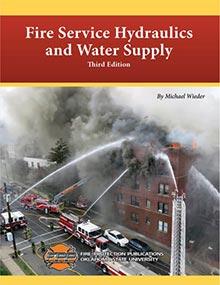
Fire Service Hydraulics and Water Supply, Third Edition Manual
New $84.15 to $99
This manual covers the basics of water and water flow, theoretical and practical methods of determining water flow and pressure loss, types of pumps and fire apparatus used to move water, relay pumping operations, fire pump testing, and effectively supplying sprinkler and standpipe systems. It also discusses recent research on updating friction loss coefficients for the modern fire hose.

Pesticide Applicator Training Manuals: Ordering Information
Revised
Ordering information for pesticide applicator training manuals, including the core manual and various category-specific manuals.
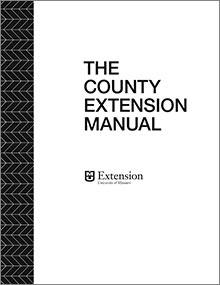
The County Extension Manual
Revised
Editor's note
This item is available for University of Missouri Extension internal orders or download only.
For more information, contact extpubs@missouri.edu
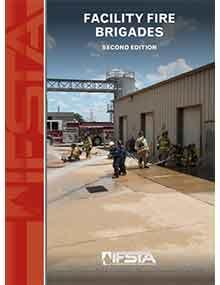
Facility Fire Brigades, 2nd Edition Manual E-book
New $80.33
The manual assists management and safety professionals in commercial and industrial occupancies with compliance to applicable laws and regulations regarding training and management of fire brigades. Trainees and instructors will find benefit in using the 144 skill sheets to meet the JPRs specified by NFPA 600, Standard on Facility Fire Brigades, (2015) and OSHA regulations in Title 29 of the Code of Federal Regulations, Part 1910.

Preserve It Fresh, Preserve It Safe: 2019, No. 1 (January/February)
New
Step-by-step tips for homemade yogurt: sanitize tools, control temperatures, and use just milk plus starter for safe, satisfying results.
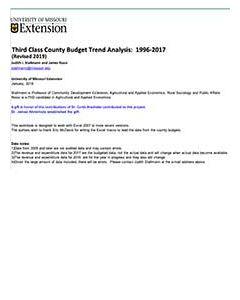
Missouri’s Third Class County Budget Trend Analysis
Revised
Use this workbook to analyze fiscal trends in Missouri counties as well as carry out studies on budget, fiscal trends, and performance to identify needed actions. Compare past performance to set standards to gauge them alongside each other as well.
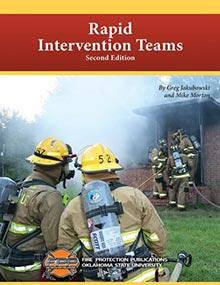
Rapid Intervention Teams, Second Edition Manual
New $61.97 to $72.90
This manual presents the purpose of a rapid intervention team (RIT) program and how to implement one in an emergency response organization. It serves as a guide to the regulations and standards that apply to RIT including information from NFPA 1407 related to training and operational concepts.
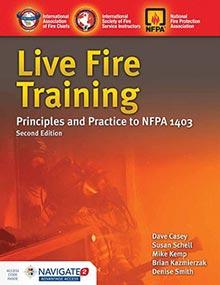
Live Fire Training Principles and Practice, Second Edition Manual
New $110
This manual provides a definitive guide on how to ensure safe and realistic live fire training for both students and instructors. It addresses all the requirements for NFPA 1403, Standard on Live Fire Training Evolutions, 2018 Edition.
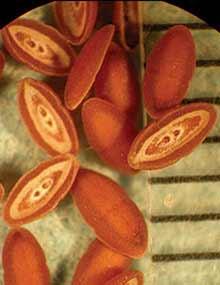
Missouri Weed Seeds, Page 35
Reviewed
Plantaginaceae (Plantain family), known collectively as plantains, has about 11 species in the state.
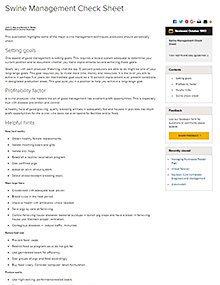
Swine Management Check Sheet
Reviewed
This publication provides a comprehensive checklist for swine producers, covering essential management practices from breeding to farrowing.
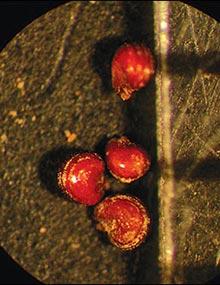
Missouri Weed Seeds, Page 03
Reviewed
Other than carpetweed, only two species of plants in the family Aizoaceae are known to occur in relatively isolated locations in Missouri
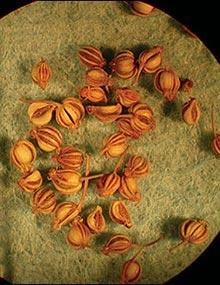
Missouri Weed Seeds, Page 06
Reviewed
Apiaceae (Carron family), also known as the parsley family, is a large family that includes several herbal plants, such as caraway, dill and fennel. It also contains several toxic plants, such as poison hemlock and water hemlock.
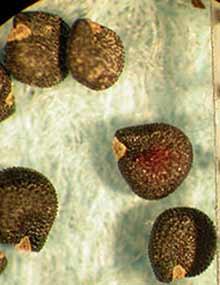
Missouri Weed Seeds, Page 38
Reviewed
Of 20 genera known within Portulacaceae (Purslane famiy), there are only three present in the state. Purslane is the most common among them.
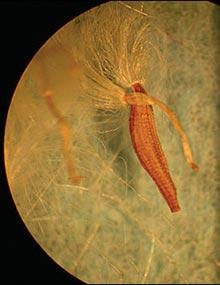
Missouri Weed Seeds, Page 09
Reviewed
Explore the diverse milkweed species in Missouri, featuring detailed seed images with millimeter rulers for accurate size reference.
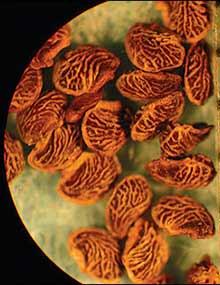
Missouri Weed Seeds, Page 41
Reviewed
Many of the members of Rosaceae (Rose family) are commonly grown as cultivated plants, including rose, apple, pear and strawberry. A notorious member, multiflora rose, is one of the state’s noxious weeds.
